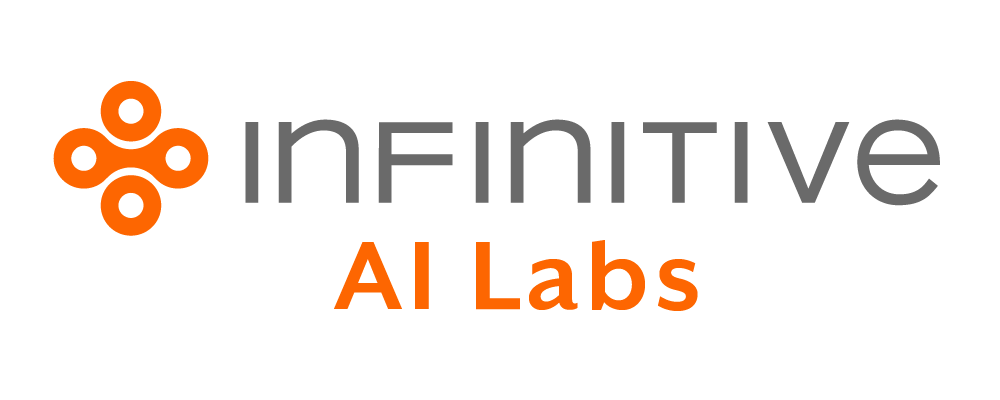On Nov 5, OpenAI held its first Developers Day Event. Sam Altman described the new model, capabilities, and other advances during his keynote. He was briefly joined onstage by Satya Nadella, CEO of Microsoft who said, “We love you guys” and described how ChatGPT pushed Azure to a new infrastructure model.
The key announcements made by Altman were:
- New model announced – GPT4 Turbo
- A new model of GPT4 was announced called GPT4 Turbo. This model, aimed at developers has the following advances:
- Updated knowledge cutoff. ChatGPT4 has a knowledge cutoff of Jan, 2022. The Turbo model is current through April, 2023.
- Reduced pricing. Both prompt tokens and completion (or output) tokens will cost less with Turbo than ChatGPT. Prompt tokens will be prices at $0.01 per 1,000 tokens, a 3X reduction. Completion (or output) tokens will cost $0.03 per 1,000 tokens, a 2X reduction.
- Increased context window size. ChatGPT4 had a context window size of 8k tokens or 32k tokens. The new Turbo model will allow for 128k tokens in the context window. 128k tokens is about the size of a 300 page book.
- New text-to-speech features. Increased modalities are being introduced. A text-to-speech capability will be added with 6 preset voices. The short example of one of those voices sounded quite lifelike.
- Faster processing. All ChatGPT4 users (legacy and Turbo) will see twice the tokens per minute.
- Custom model program. A high-level commitment was made for OpenAI engineers to work with companies to help them develop new models. While details were lacking, Altman did say that there would be few customers at first and the program would be expensive.
- Copyright shield. Another announcement with limited details. OpenAI will pay customers legal fees if they are sued for copyright infringement from the use of ChatGPT. It was unclear if this would apply only to ChatGPT Turbo or to all paid ChatGPT versions.
- Custom GPTs. OpenAI will support the development and publication of custom GPTs. These models will be developed for specific purposes. The assumption is that these custom models will be domain-specific and tailored to specific use-cases / industries.
- GPT Store. A marketplace will be established for the publication of custom GPTs. The creators of these custom GPTs will be compensated on a “revenue share” basis. While light on details, this approach implies that the custom GPTs will be operated by OpenAI as variations or extensions of ChaGPT as opposed to free-standing products incorporating ChatGPT.
Other points of interest:
- Altman repeatedly stressed that “gradual, iterative deployment” was a key to attaining model safety.
- A brief discussion of Zapier described the ability to ad instructions and actions to a ChatGPT model. Was this an early hint at a potential acquisition?
- Altman demonstrated how a chatbot could be created through a conversation as he built the beginnings of a startup advisor chatbot.
- The Assistants APIs were discussed, including persistent threads, built-in retrieval, a code interpreter, and improved function calling.
- Altman demonstrated an advanced travel app that allowed the user to plan a trip to Paris. Highlights (like seeing The Louvre) were generated from a user inquiry and pins were automatically dropped (through a function call) where the highlights are located on a map of Paris. A flight itinerary (from an airline) was dragged and dropped into the app and automatically included in the travel plans.
- A tracing tool (available in beta today) will allow developers to see a log of the tasks being taken by the tools in a dashboard.
Analysis of OpenAI Developers Event (in no particular order)
- The alliance between Microsoft and OpenAI is deep and getting deeper.
- OpenAI is now addressing the non-functional requirements of its market leading LLM (example: pricing changes).
- ChatGPT Turbo is a “point release” from a technology standpoint. Given recent regulations, ChatGPT 5 may be delayed, making improvements to ChatGPT 4 more strategic.
- Some attention has been given to improving the developer experience.
- Business models between OpenAI and large developers are being formulated but need considerably more thinking and detail.
Missing from OpenAI Developer Event:
- Any focus on explainability.
- Any focus on model safety or model bias, other than saying, “gradual, iterative deployment is the best way to ensure safety.”
- Serious efforts to create a developer community, although the Developer Event is a start.
- Meaningful alliances, other than the well-known alliance with Microsoft and a very brief discussion of Zapier.
